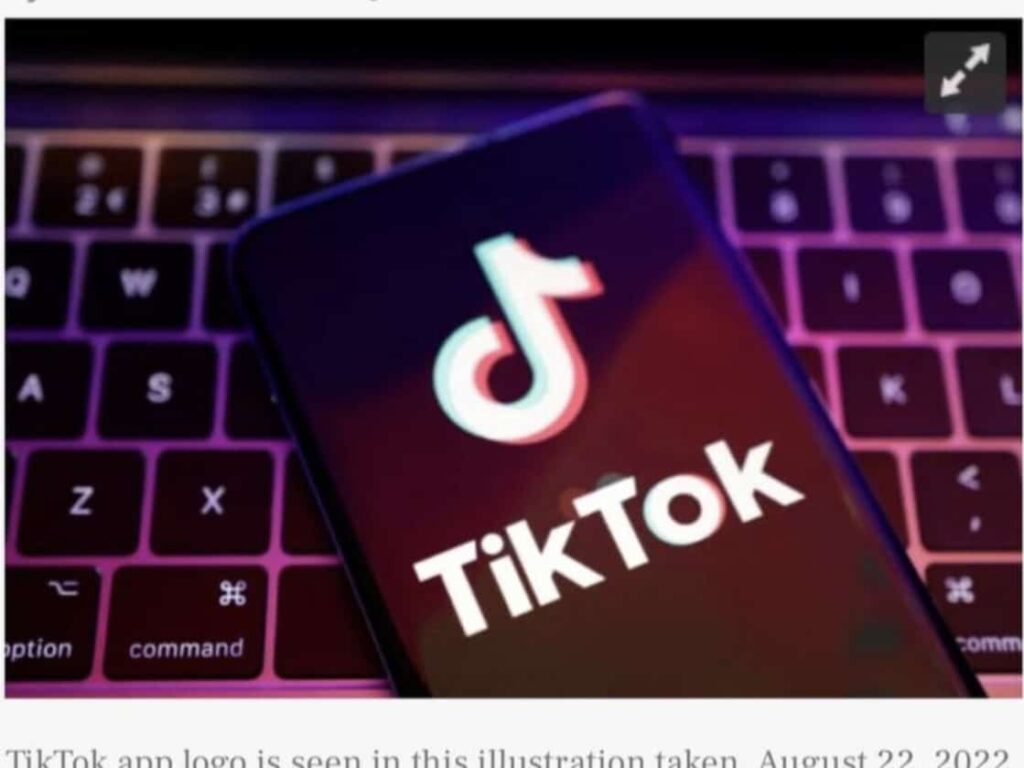Explore Trump’s shift on TikTok ban and GOP response amid national security concerns.

Navigating the TikTok Ban Debate: Trump’s Reversal and Republican Response
The debate surrounding TikTok and its potential ban in the United States has intensified in recent months, with former President Donald Trump’s unexpected reversal on the issue adding a new layer of complexity. Despite Trump’s change of heart, House Republicans remain resolute in their support for legislation aimed at addressing national security concerns associated with the popular social media platform.
The House of Representatives is set to vote on legislation that would ban TikTok from U.S. app stores unless its parent company, China-based ByteDance, agrees to divest the app. This move comes amid mounting concerns about TikTok’s ties to the Chinese Communist Party (CCP) and the potential risks it poses to American users’ data privacy and national security.
Also Read:- Global Tribute to the Flat White: Google Doodle Celebrates the Espresso Elegance
Former President Trump’s newfound opposition to a TikTok ban has raised eyebrows among his fellow Republicans on Capitol Hill. Despite Trump’s influence within the party, many GOP leaders are proceeding with the legislation, underscoring the bipartisan consensus on the need to address the TikTok issue.
Republican lawmakers, including Reps. Chip Roy and Mario Diaz-Balart, have openly challenged Trump’s change of stance on TikTok. Roy, a member of the far-right Freedom Caucus, characterized Trump’s reversal as misguided, emphasizing the straightforward nature of the TikTok issue. Diaz-Balart, a staunch Trump supporter, reiterated his respect for the former president but emphasized his independence in decision-making, asserting that nobody controls his voting decisions on certain issues.
The Protecting Americans From Foreign Adversary Controlled Applications Act, co-authored by Reps. Mike Gallagher and Raja Krishnamoorthi, has emerged as a focal point in the TikTok debate. The bill, which received unanimous support from the Energy and Commerce Committee, aims to address national security concerns by compelling ByteDance to divest TikTok from its Chinese ownership.
Also Read:- Krystyna Pyszkova from Czech Republic Wins Miss World 2024 Title
Energy and Commerce Chair Cathy McMorris Rodgers, a key proponent of the legislation, emphasized the importance of TikTok’s decision regarding its ownership structure. McMorris Rodgers underscored the stark choice facing TikTok: either remain connected to ByteDance and subject to CCP control or pursue divestment and operate independently in the United States.
President Joe Biden’s endorsement of the bill further underscores the bipartisan consensus on the need to address TikTok’s national security implications. While the legislation is expected to pass the House, its fate in the Senate remains uncertain, as lawmakers continue to evaluate its potential impact and implications.
FBI Director Christopher Wray and lawmakers from both parties have raised concerns about TikTok’s potential as a national security threat. They fear that the Chinese government could exploit TikTok to access personal data from its millions of users and influence public opinion on critical issues, including elections.
Republican Rep. Anna Paulina Luna emphasized the gravity of the TikTok issue in the context of U.S.-China relations. Luna, drawing from her background as a former Air Force veteran and Instagram influencer, underscored the imperative of safeguarding national security interests in the face of foreign adversaries’ threats.
Despite TikTok CEO Shou Zi Chew’s assertions denying Chinese government control and data access, skepticism persists among lawmakers and national security officials. The forthcoming classified briefing for House members on TikTok’s threats reflects the seriousness of the issue and the need for informed decision-making.
In response to TikTok’s lobbying efforts and advocacy campaigns, including in-app messages urging users to contact their representatives, lawmakers have called for transparency and accountability from the social media platform. Reps. Gallagher and Krishnamoorthi have demanded that TikTok refrain from spreading false claims and manipulating American citizens on behalf of the CCP.
Also Read:- Jake Paul vs. Mike Tyson: Unlikely Clash
TikTok creators, recognizing the potential economic repercussions of a ban on their livelihoods, have mobilized to engage lawmakers and highlight the platform’s positive contributions to their communities. As the debate over TikTok’s future unfolds, the stakes remain high, with implications for innovation, privacy, and national security in the digital age.
The TikTok ban debate epitomizes the broader challenges and complexities of navigating the intersection of technology, geopolitics, and security in an increasingly interconnected world. As policymakers grapple with these issues, the imperative of striking a balance between innovation and security becomes ever more pressing, underscoring the need for bipartisan cooperation and informed decision-making.
